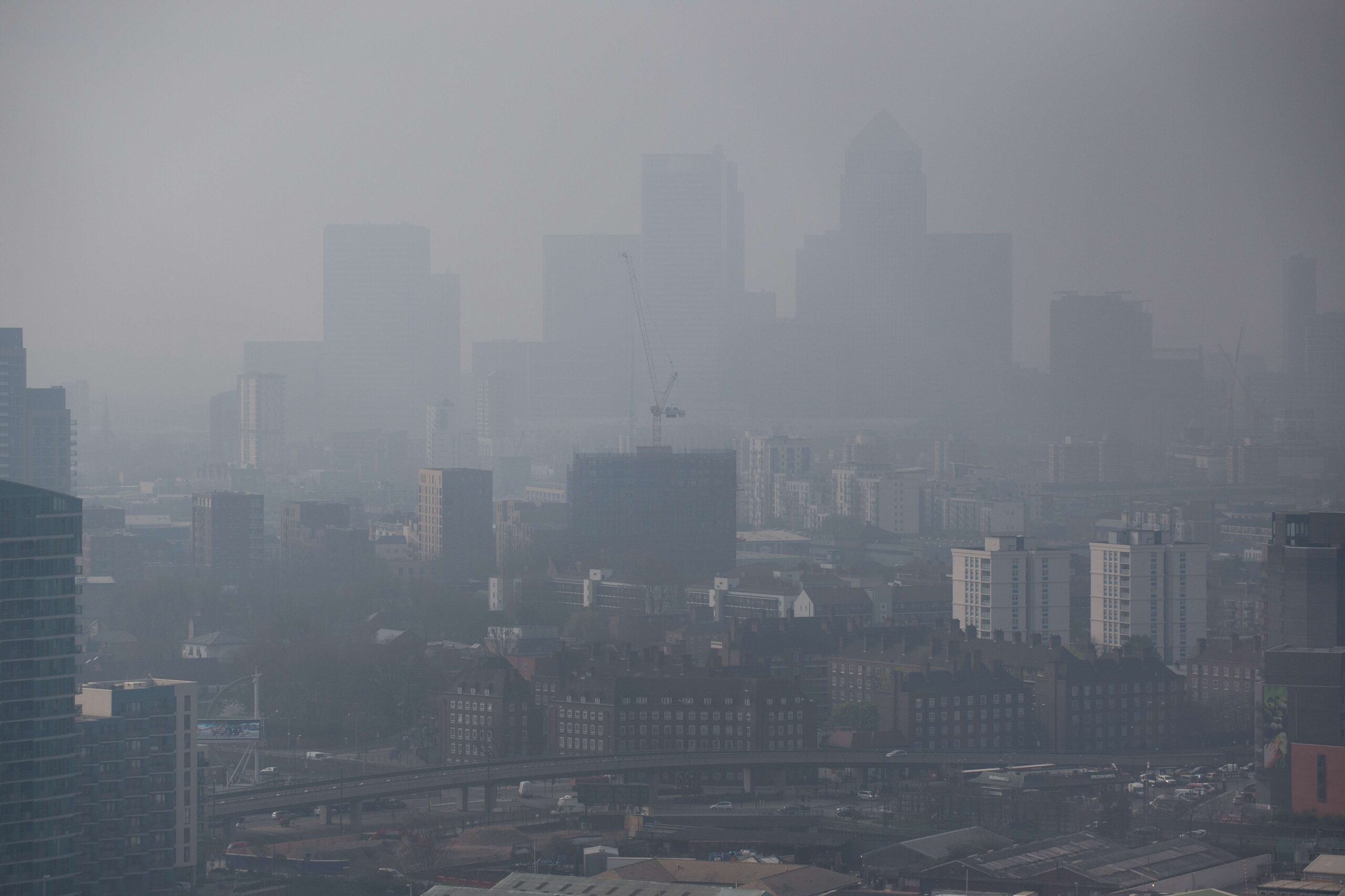Rates of out-of-hospital cardiac arrest are elevated after days with high levels of air pollutants, reports a Japanese study
Dr Takashi Yorifuji of Okayama University and colleagues analyzed the relationship between daily air pollution levels and cardiac arrest rates. The study included 559 patients with out-of-hospital cardiac arrest in Okayama City between 2006 and 2010.
The data suggested that cardiac arrest rates were higher a few days after increased levels of several air pollutants. For example, 48 to 72 hours after days with high levels of particulate air pollution, the risk of out-of-hospital cardiac arrest increased by 17 percent.
There was a 40 percent increase in risk 72 to 96 hours after days with higher ozone levels. The effects of increased particulate pollution were greater in older patients, while increased ozone levels had a greater effect in younger patients. Particulate pollution showed a greater effect in men.
Many recent studies have reported associations between outdoor air pollution and cardiovascular disease. The findings linking increased pollutant levels to a subsequent increase in cardiac arrest in Japan are consistent with previous data from other countries.
“The evidence presented provides further support for the hypothesis that exposure to outdoor air pollution increases the risk of cardiac arrest,” Dr Yorifuji and coauthors conclude. The results suggest that particulate matter and ozone may induce cardiac arrest via “two distinct pathways.” Exposure to particulate pollution may result in myocardial infarction, while ozone may worsen other cardiac conditions, increasing the risk of cardiac arrest.
Source: Science Daily
N.H.Khider

